Related Research Articles
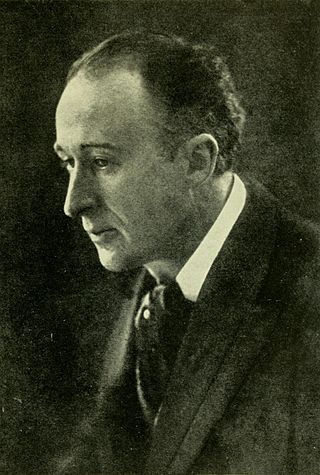
Frederick Theodore Albert Delius was an English composer. Born in Bradford in the north of England to a prosperous mercantile family, he resisted attempts to recruit him to commerce. He was sent to Florida in the United States in 1884 to manage an orange plantation. He soon neglected his managerial duties, and in 1886 returned to Europe.
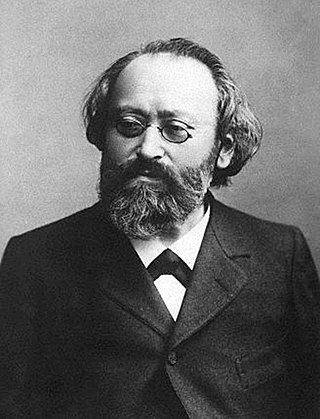
Max Bruch was a German Romantic composer, violinist, teacher, and conductor who wrote more than 200 works, including three violin concertos, the first of which has become a prominent staple of the standard violin repertoire.

Andrew Manze is a British conductor and violinist, noted for his interpretation of Baroque violin music.
The Cello Concerto in B minor, Op. 104, B. 191, is the last solo concerto by Antonín Dvořák. It was written in 1894 for his friend, the cellist Hanuš Wihan, but was premiered in London on March 19, 1896, by the English cellist Leo Stern.
The two Serenades, Op. 11 and 16, represent early efforts by Johannes Brahms to write orchestral music. They both date from after the 1856 death of Robert Schumann when Brahms was residing in Detmold and had access to an orchestra.
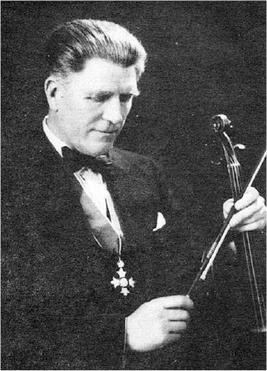
Albert Edward Sammons CBE was an English violinist, composer and later violin teacher. Almost self-taught on the violin, he had a wide repertoire as both chamber musician and soloist, although his reputation rests mainly on his association with British composers, especially Elgar. He made a number of recordings over 40 years, many of which have been re-issued on CD.

Beatrice Harrison was a British cellist active in the first half of the 20th century. She gave first performances of several important English works, especially those of Frederick Delius, and made the first or standard recordings of others, particularly the first recording of Elgar’s cello concerto in 1920 with the composer conducting.

Arthur Catterall was an English concert violinist, orchestral leader and conductor, one of the best-known English classical violinists of the first half of the twentieth century.
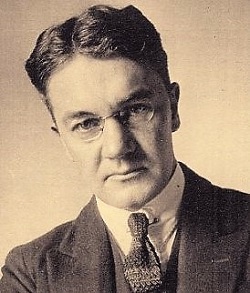
Julius Allan Greenway Harrison was an English composer and conductor who was particularly known for his interpretation of operatic works. Born in Lower Mitton, Stourport in Worcestershire, by the age of 16 he was already an established musician. His career included a directorship of opera at the Royal Academy of Music where he was a professor of composition, a position as répétiteur at the Royal Opera House, Covent Garden, conductor for the British National Opera Company, military service as an officer in the Royal Flying Corps, and founder member and vice-president of the Elgar Society.
A double concerto is a concerto featuring two performers—as opposed to the usual single performer, in the solo role. The two performers' instruments may be of the same type, as in Bach's Double Violin Concerto, or different, as in Brahms's Concerto for Violin, Cello and Orchestra.
The Asko Concerto is a concerto for chamber orchestra by the American composer Elliott Carter. The work was commissioned by the Dutch chamber group Asko Ensemble, for which the piece is titled. It was composed in January 2000 and was first performed in Concertgebouw, Amsterdam on April 26, 2000, by the Asko ensemble under the conductor Oliver Knussen. The piece is dedicated to Asko/Schönberg.
The Double Concerto for Violin, Piano, and Strings is a composition by the Danish composer Hans Abrahamsen. The work was commissioned by the Royal Danish Orchestra and the Swedish Chamber Orchestra and was composed between 2010 and 2011. Its world premiere was given by the sister duo of the violinist Baiba Skride and the pianist Lauma Skride with the Royal Danish Orchestra under the direction of André de Ridder in [Copenhagen on October 9, 2011. The piece is dedicated to Baiba & Lauma Skride, Wiebke Busch, and André de Ridder.
Aufgang (Ascent) is a violin concerto written by the French composer Pascal Dusapin for Renaud Capuçon between 2008 and 2011. The violinist premièred it in 2013 in Cologne. He subsequently performed it in Seattle, London and in Switzerland, before recording it with Myung-whun Chung conducting the Orchestre Philharmonique de Radio France in 2015.

May Harrison was an English violinist and the oldest of four sisters who were classical musicians in Great Britain during the early 20th century. Each had started out as a child prodigy.

Margaret Harrison (1899–1995) was an English violinist and the youngest of four sisters who were respected classical musicians in Great Britain during the early 20th century. Each had started out as child prodigies.
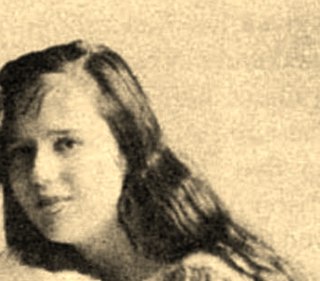
Monica Harrison (1897–1983) was an English mezzo-soprano and the third-born of four sisters who were respected classical musicians in Great Britain during the early 20th century. Each had started out as child prodigies.
Frederick Delius's Cello Concerto was composed in 1920–1921. The world premiere was given in January 1923 in Vienna by Alexandre Barjansky. The work was written at the request of the English cellist Beatrice Harrison, who was the soloist at the British premiere in July 1923.
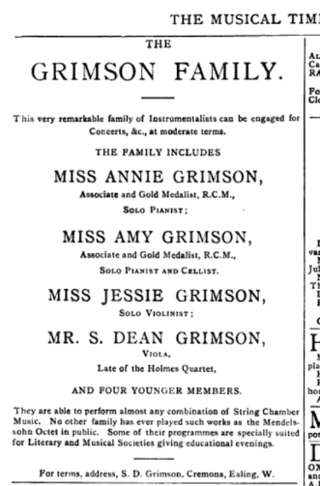
The Grimson family was a family of classical musicians active in London from the early 1870s.
References
- 1 2 3 4 Lee-Browne, Martin; Guinery, Paul (2014). Delius and His Music. Boydell & Brewer (published 1 October 2014). pp. 352–260. ISBN 978-1843839590.
- ↑ Service, Tom (5 December 2011). "Delius's string concertos may be unfashionable – but I love them". The Guardian . Retrieved 18 April 2015.
- ↑ Clements, Andrew (27 October 2011). "Delius: Double Concerto; Violin Concerto; Cello Concerto: Little/Watkins/BBC SO/Davis: review". The Guardian . Retrieved 18 April 2015.
- ↑ Burton, Anthony (20 January 2012). "Delius: Double Concerto; Violin Concerto; Cello Concerto". BBC Music Magazine . Retrieved 18 April 2015.
- ↑ Cookson, Michael (2 December 2002). "Frederick DELIUS (1862-1934) Paris - Song of a Great City, for orchestra..." MusicWeb International. Retrieved 18 April 2015.